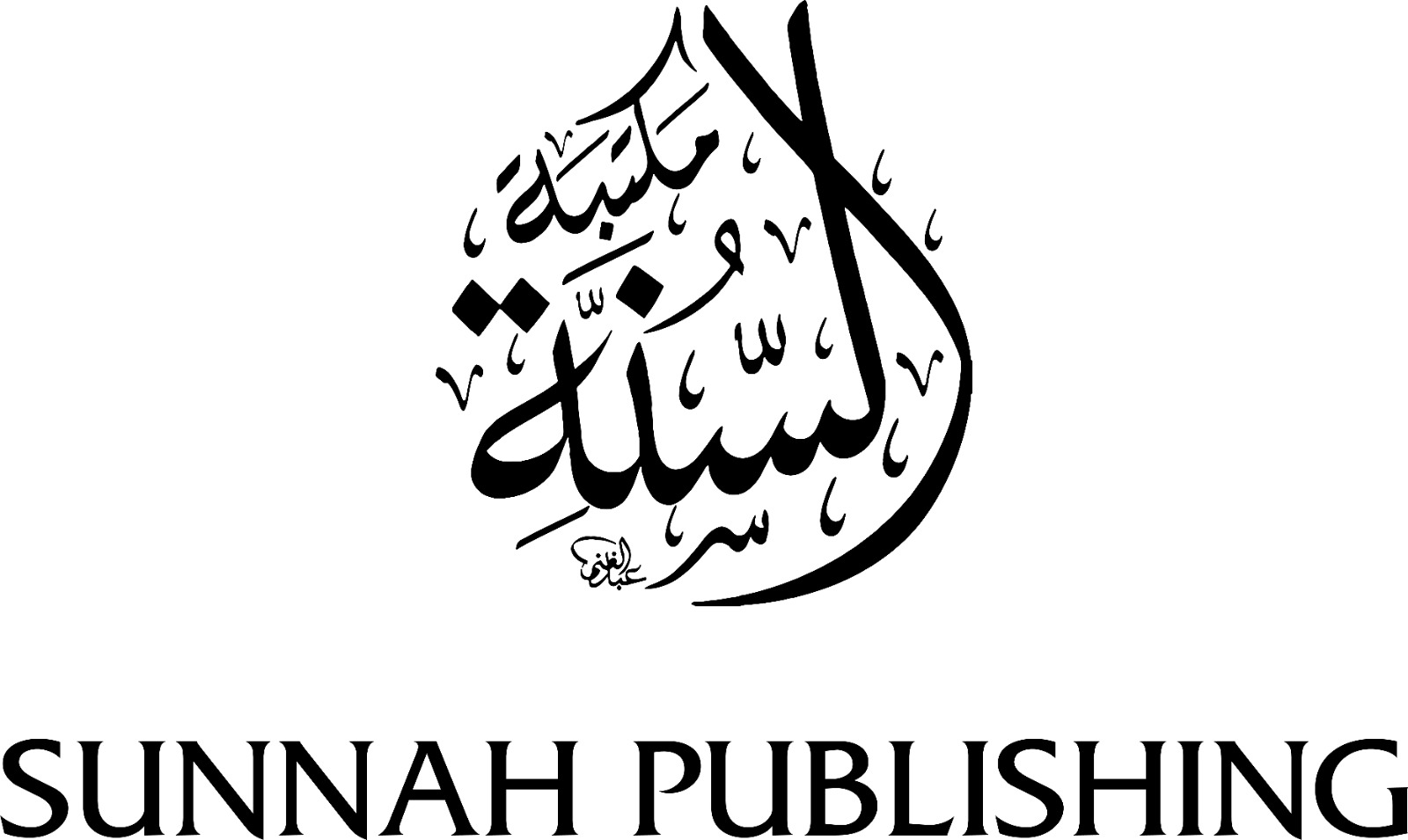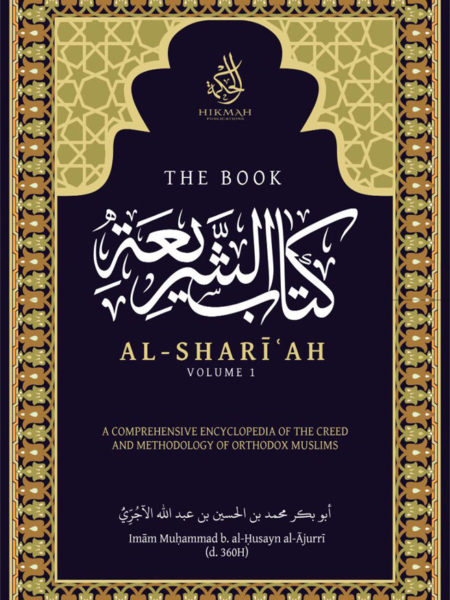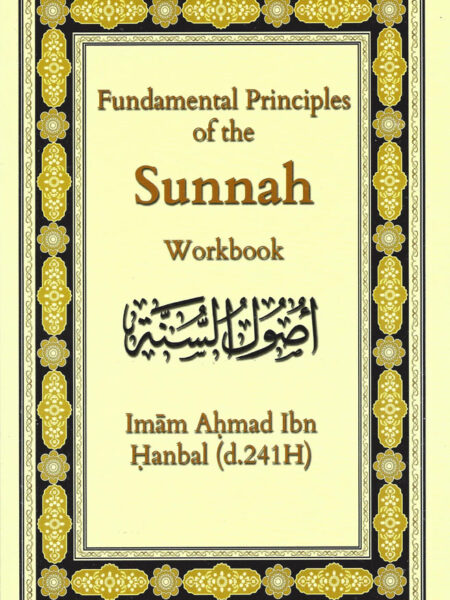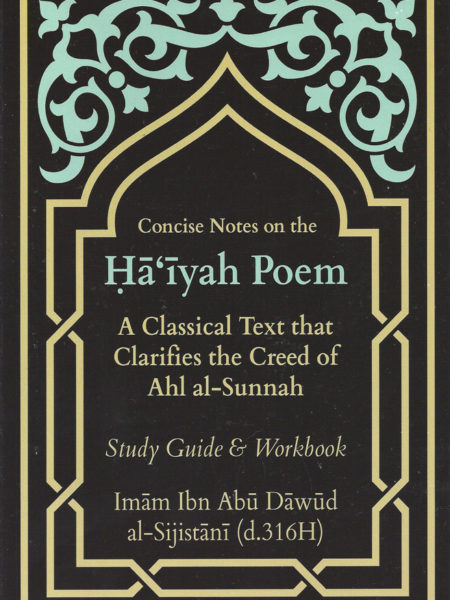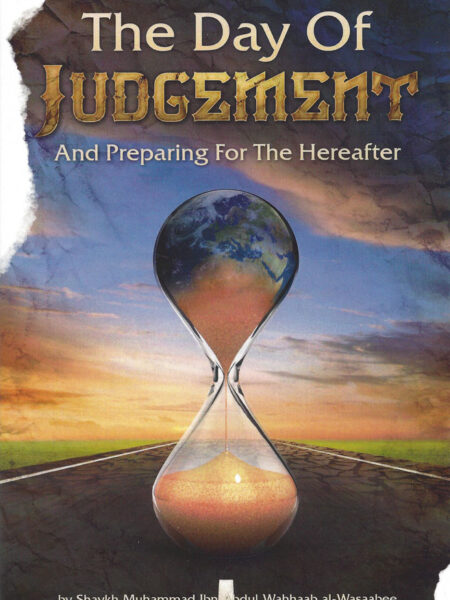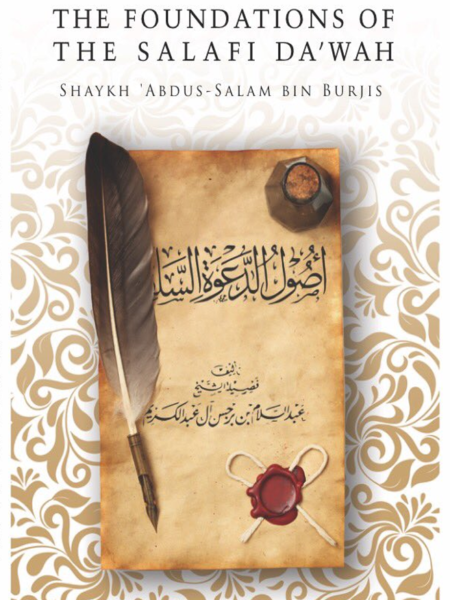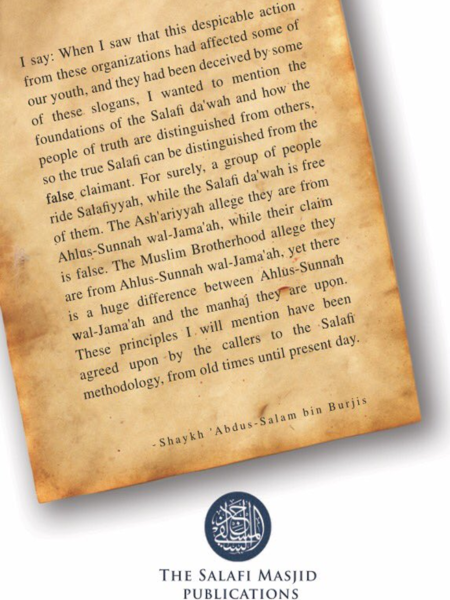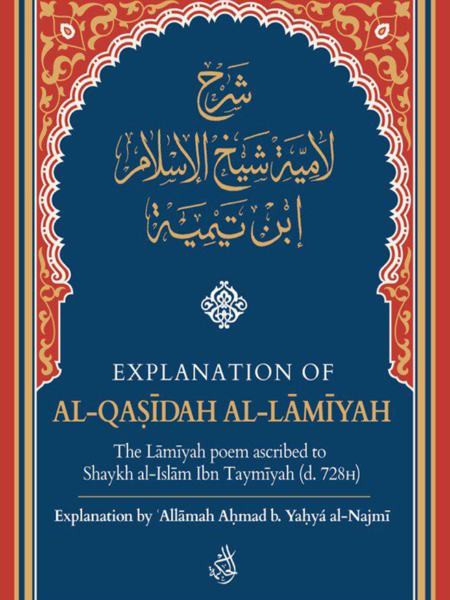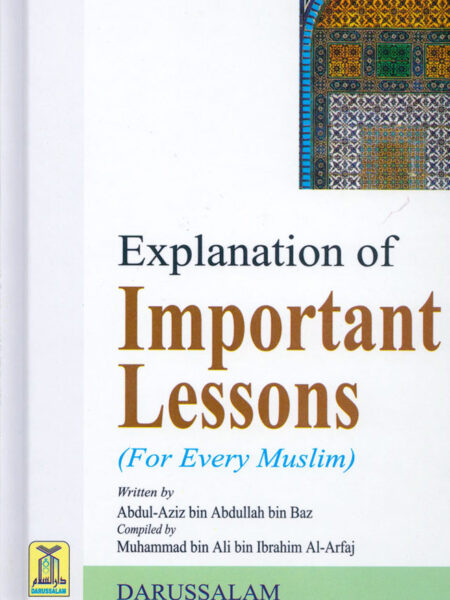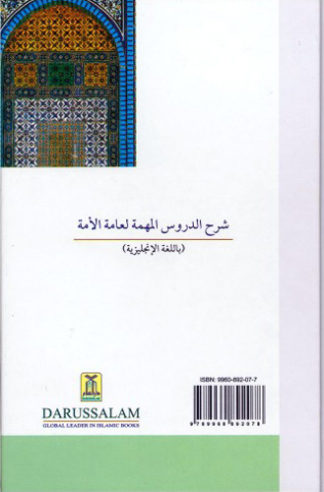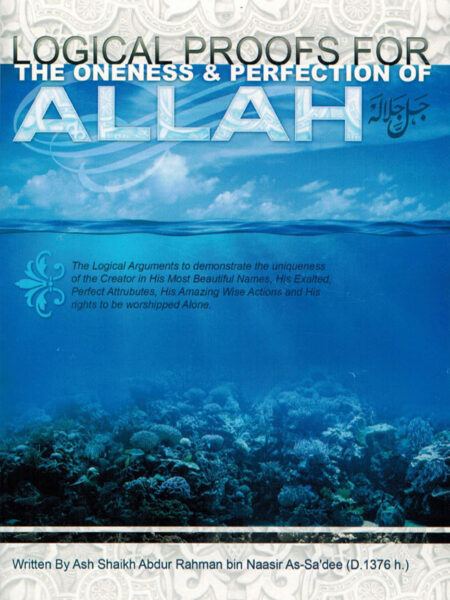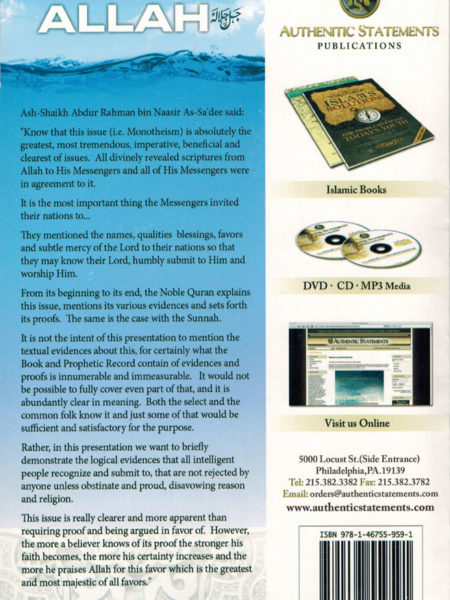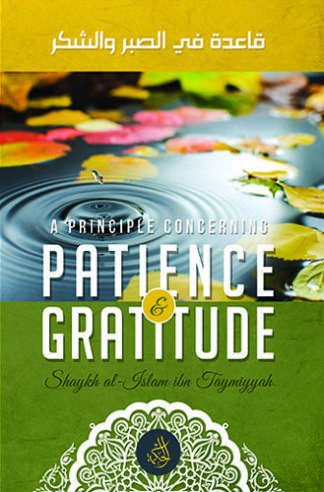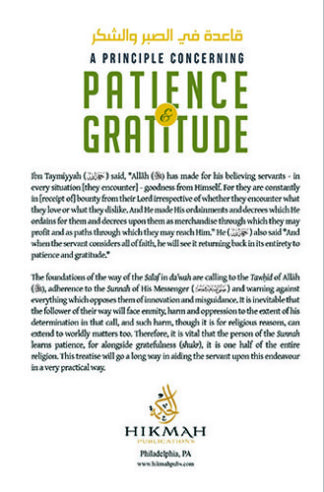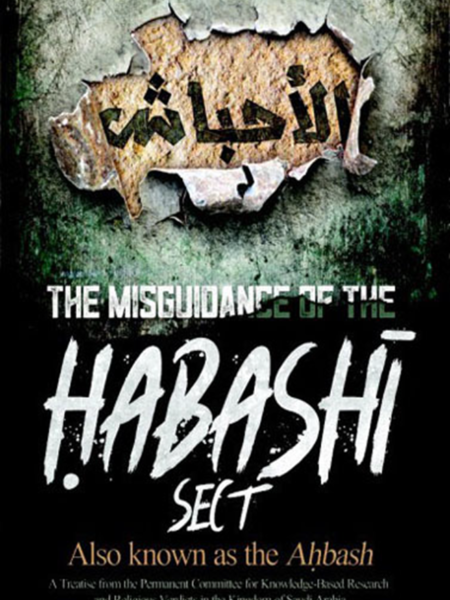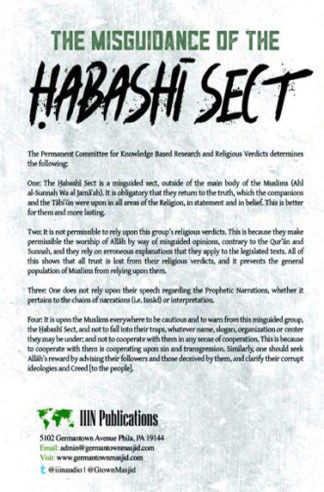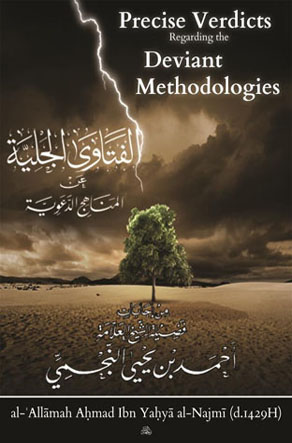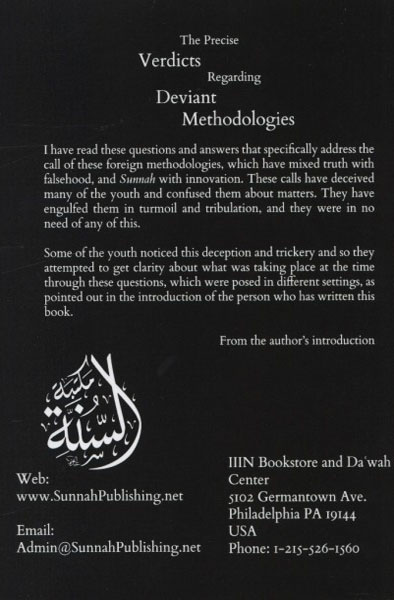-
-
-
-
A Comprehensive Guide for the New Muslim
Important lessons to help the new Muslim correctly practice Islam
Prepared by Abu Suhayl Anwar Wright HafidahullaahThis is a very beneficial book for the new Muslim, as it introduces a number of important subjects in a very simple and concise fashion.
The author is a graduate from the Islamic University of Madinah and an Islamic teacher in Philadelphia, PA, U.S.A.
This work will definitely aid the new Muslims, whether male or female, on their journey to learn more about the beautiful religion of Islam.
-
-
The Day of Judgement & Preparing for The Hereafter
-
-
This children book on Tawheed is comprehensive even though it’s made up of few pages.It defined tawheed, talked about the 3 aspects of tawheedbacking everything up with evidences from Al-Qur’aan. it also has the story of Prophet Ibrahim [Peace Be Upon Him], Surat al-Ikhlas and the hadith of Muadh ibn Jabal [May Allah be please with him} on the right of Allah on His servant and the right of the created on his Creator. For every young muslim home this is an invaluable addition to the library and better still the kids can be made to memorize this invaluable book at the early phase of a child’s life because it’s all about the Oneness of Allah [the Exalted One].
-
This is a translation of Shaykh Aḥmad al-Najmī’s explanation of al-Qāṣīdah al-Lāmīyah, which is ascribed to Shaykh al-Islām Ibn Taymīyah. It comprises of only 16 verses of poetry, clarifying a number of core beliefs of Ahl al-Sunnah Wa al-Jamāʿah.
-
-
-
Ibn Taymiyyah said,
“Allah has made for his believing servants – in every situation [they encounter] – goodness from Himself. For they are constantly in [receipt of] bounty from their Lord irrespective of whether they encounter what they love or what they dislike. And He made His ordainments and decrees which He ordains for them and decrees upon them as merchandise through which they may profit and as paths through which they may reach Him.”
-
-
Cart
